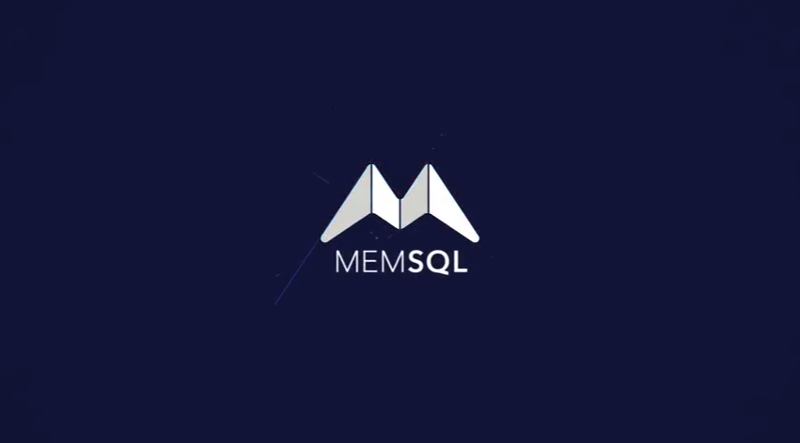 CLOUD
CLOUD
 CLOUD
CLOUD
 CLOUD
CLOUD
Just as with other computing jobs, companies are increasingly migrating their database instances to the cloud in a bid to reduce management overhead. MemSQL Inc. wants to join that party.
The startup is today introducing a cloud edition of its data warehouse, which is used by the likes of Uber Technologies Inc. and Samsung Electronics Co. Ltd., that introduces two new deployment options. The first is a managed arrangement wherein MemSQL supervises deployments on customers’ behalf, taking care of key tasks such as patching and making backups. It’s available under a subscription model that folds all the different fees into a single bill.
The platform supports Amazon Web Services and Microsoft Corp.’s Azure on launch, with Google Cloud Platform compatibility due to arrive at a later date. Companies whose requirements are not met out by the default deployment options have the option to manually set up the software in their environment of choice, which can be either on- or off-premise.
The offering will enable MemSQL to more directly compete with the cloud-based data warehouses that have started eating away at the market in recent years. One of the leading players is Snowflake Computing Inc., a fellow startup that has raised nearly three times as much funding to date.
MemSQL will also have to face off against the very cloud providers on whose infrastructure its new offering is designed to run since all of them offer native data warehousing services. The startup is entering a crowded segment, but it has the advantage of having a unique feature set.
MemSQL’s biggest strength is versatility. Its data warehouse, which is essentially a highly scalable in-memory store, can both ingest large volumes of information in real-time and perform the kind of complex analyses that often take hours to complete. The average database is only capable of one or the other, a limitation that has historically required companies to employ multiple systems.
According to MemSQL, its centralized approach can help reduce the amount of work involved in running a data processing environment. The fact that everything is handled in one place means that companies don’t have to set up workflows for syncing new data to their analytics systems, which saves a great deal of effort. Moreover, analysts gain the ability to run their queries against new records as soon as they come in.
THANK YOU